The “Birkin Phenomenon” strikes again!
“Our business is about creating desire” (Axel Dumas, CEO of Hermès)…
“Ferrari will always deliver one car less than the market demand” (Enzo Ferrari)…
“Luxury has always been about exclusivity; those who can afford it are able to buy a coveted handbag or watch; but over time, more people have been able to afford luxury items and this has allowed high-end fashion houses with a certain level of brand power to increase prices and still keep up the appearance of scarcity” (Kaitlyn McInnis, South China Morning Post)…
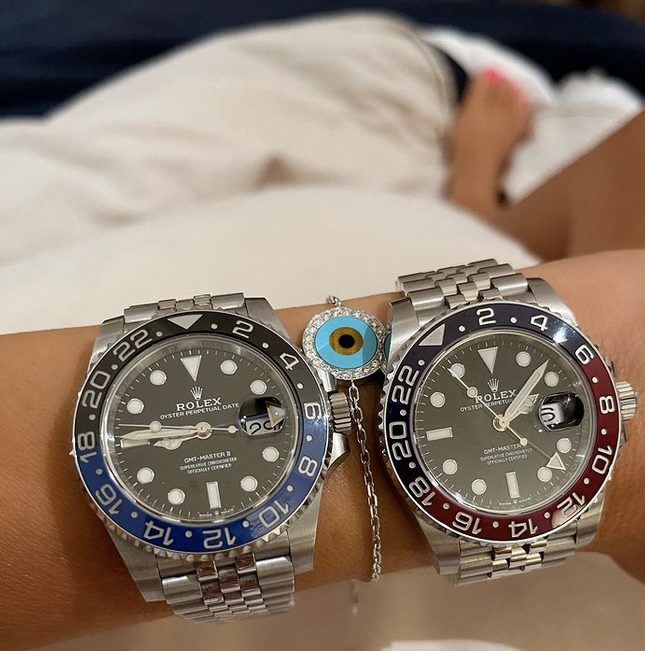
Image Credit: @watch_fashionista
What do these comments from three individuals in three very different industries have in common? It’s the notion that defines luxury.
From time immemorial, luxury has been associated with being prohibitively expensive. But with a growing group of ultra-wealthy individuals, simply having the money is no longer a sufficient signal of status. To remain as desirable, luxury brands now must qualify themselves as being ultra-luxurious. Holy Grail items, if you will. Enter – exclusivity.
For these super-high-net-worth individuals to crave their products, playing hard-to-get has become the only strategy for brands. Why? It really boils down to a rather basic question of human psychology: what fuels desire the most? The answer – deprivation.
For readers of PurseBop, well-versed in the Hermès game play, this exaggerated sense of scarcity is no surprise. In fact, this has been standard procedure for many luxury collectors – be it in fine art or automobiles (like Ferrari).

Image Credit: @watch_fashionista
Which brings us to the matter at hand. Is the luxury watch market any different? Why are certain models from select Swiss luxury watchmakers, like Rolex, Patek Philippe, Audemars Piguet and Richard Mille, taking the world by storm, particularly in a post-pandemic era?
Well, it would be wrong to say that this scarcity didn’t exist before the pandemic. The concept of a waitlist, the indeterminable time before a Daytona or Nautilus was available, existed in 2019. Unlike Hermès, which sells its own merchandise directly, however, luxury watch brands distribute through authorized retailers only. Although these retailers managed their own waitlists, they generally were clueless as to which models would be delivered. Eventually, some of these retailers engaged in giving “preference” to certain consumers for the more popular styles.
Others, conversely, stipulated that each buyer must purchase a less desirable model first in order to qualify to buy the coveted ones. And, as can only be expected, the resale market for them went wild.
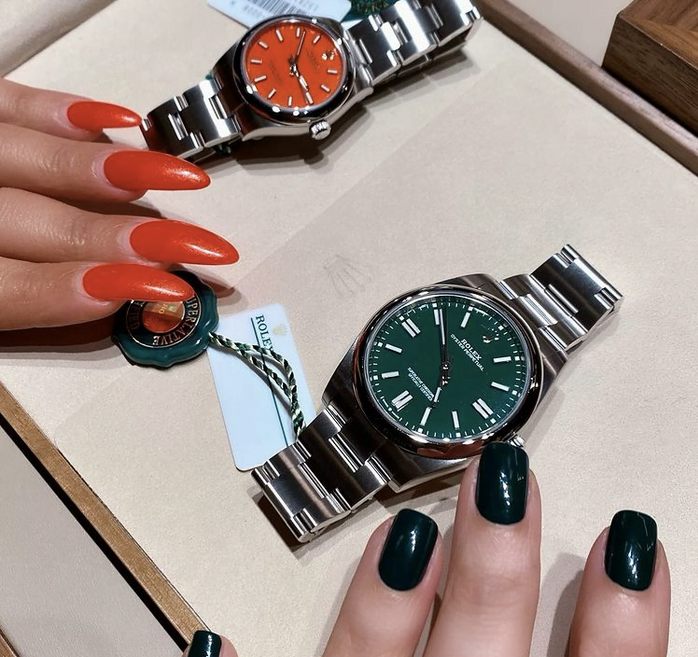
Image Credit: @watch_fashionista
The real scarcity, however, began right after the pandemic. With supply chains clogged throughout the world, it became harder than ever to score one of these luxury watches. The resale market, simultaneously, seemed to exceed all previous growth records. So much so, in fact, that Patek Philippe actually discontinued the blue-dial Nautilus 5711, replacing it with an olive-dialed one. The result? The new green version that retailed for $34,893 fetched a whopping $376,000 ($470,000 with buying fees) at a Monaco auction! In fact, the FHS, a Swiss watch industry research group, reports that Swiss watch sales have grown 48.5% in the United States and 75% in China in the post-pandemic era in July 2021 compared to the pre-pandemic sales baselines back in 2019.
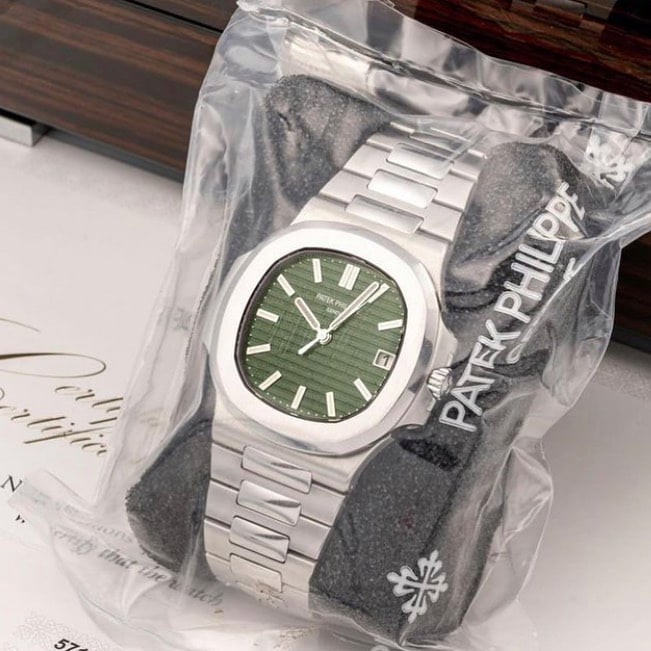
Image Credit: @watch_fashionista
We know that, in Economics, market prices are determined at the intersection of demand and supply. But what happens when demand and supply both increase with price? Apparently, there remains no cap to just how much the price can rise!
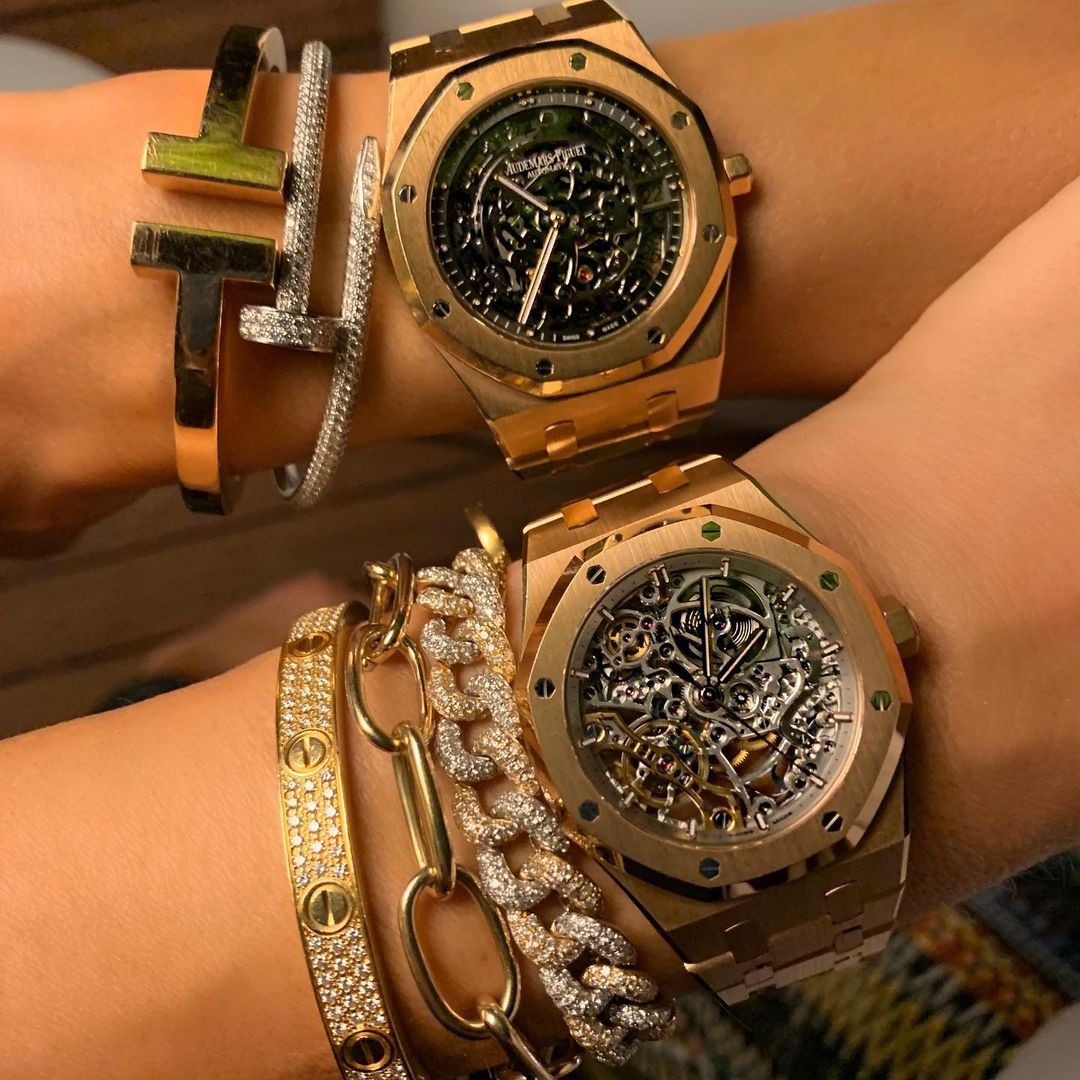
Image Credit: @watch_fashionista
In a rare act on the company’s part, Rolex recently issued an official statement to Yahoo finance:
The scarcity of our products is not a strategy on our part. Our current production cannot meet the existing demand in an exhaustive way, at least not without reducing the quality of our watches – something we refuse to do as the quality of our products must never be compromised. This level of excellence requires time, and as we have always done, we will continue to take the necessary time to ensure that all our watches not only comply with our standards of excellence, but also meet the expectations of our customers in terms of quality, reliability and robustness. Rolex does not compromise on what it takes to produce exceptional watches.
All Rolex watches are developed and produced in-house at our four sites in Switzerland. They are assembled by hand, with extreme care, to meet the brand’s unique and high-quality standards of quality, performance and aesthetics. Understandably, this naturally restricts our production capacities – which we continue to increase as much as possible and always according to our quality criteria.
Finally, it should be noted that Rolex watches are available exclusively from official retailers, who independently manage the allocation of watches to customers.
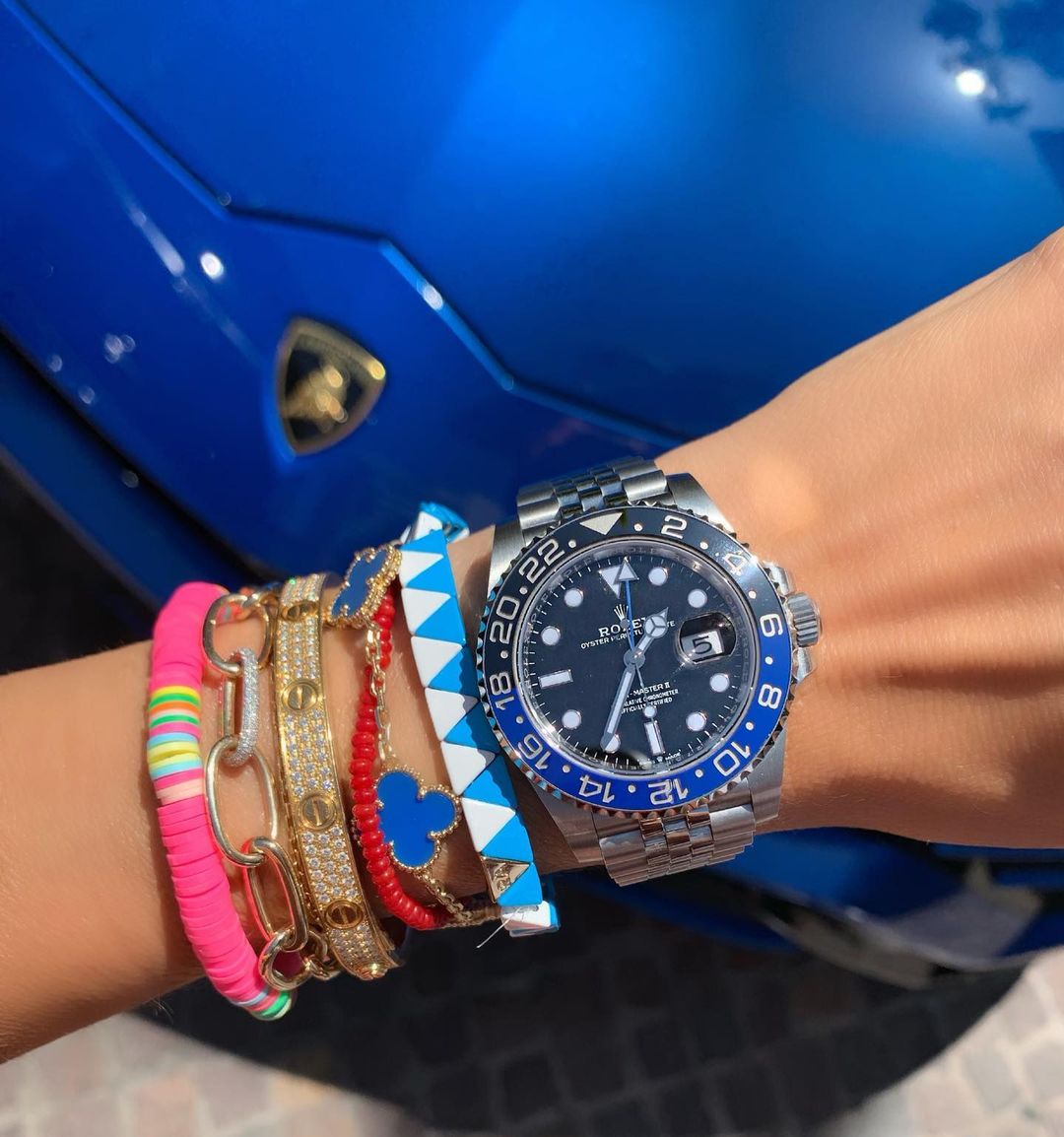
Image Credit: @watch_fashionista
We’ve learned how bars and restaurants can strategize with Hermès-like moves to increase desirability. The luxury watch manufacturers’ approach isn’t much different in that regard. While some opt to cite the age-old argument of quality over quantity in response to this scarcity, others blatantly refuse to mitigate the issue, deeming that they intend to preserve this massive market gap.
So, is this scarcity artificially induced? In some parts, yes. But a lot of it occurred naturally as well as due to the COVID-19 slowdowns. Nevertheless, it unarguably helped to fuel the intense desire for these brands all the more. As François-Henry Bennahmias, CEO of Audemars Piguet, puts it
Our objective is not to catch up on our production loss. Just the opposite, we want to preserve this notion of rarity of our products.
Only time will tell how far this market grows. Are you facing market constraints? Trying to snag a Rolex or Patek? Tell us your experiences.
Love, PurseBop
XO
Updated: November 22nd, 2021



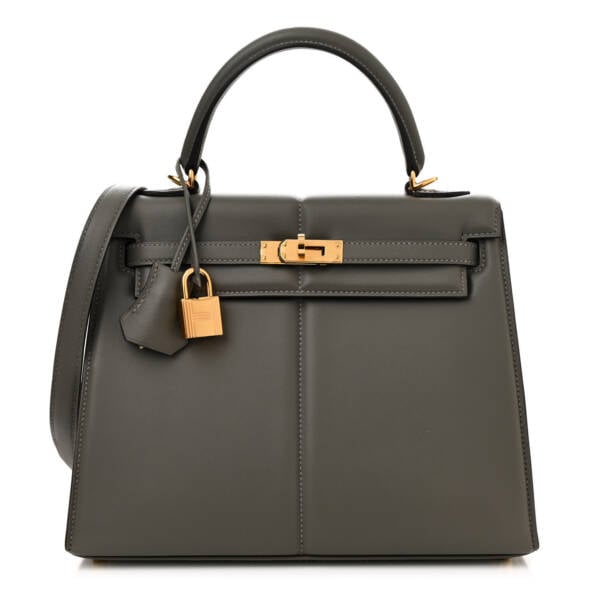
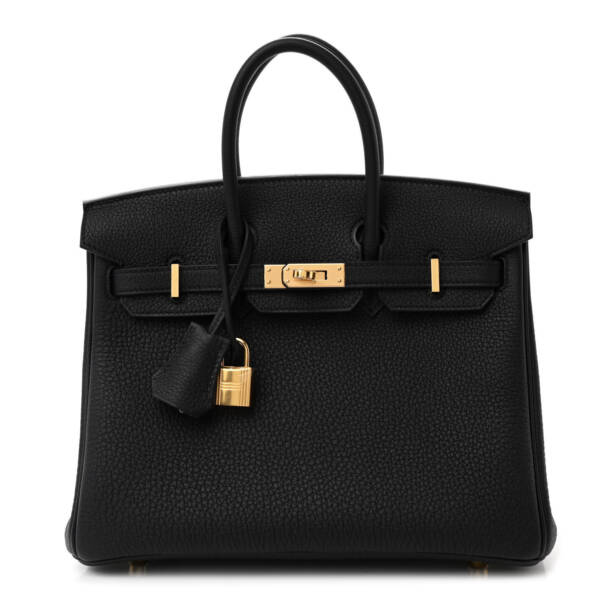
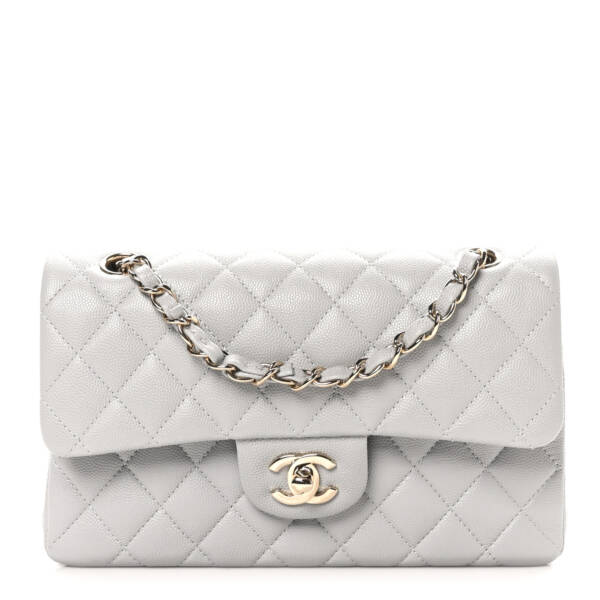
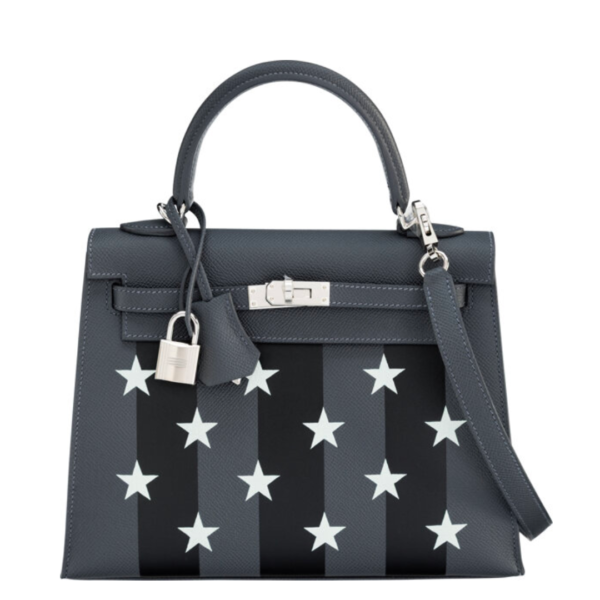
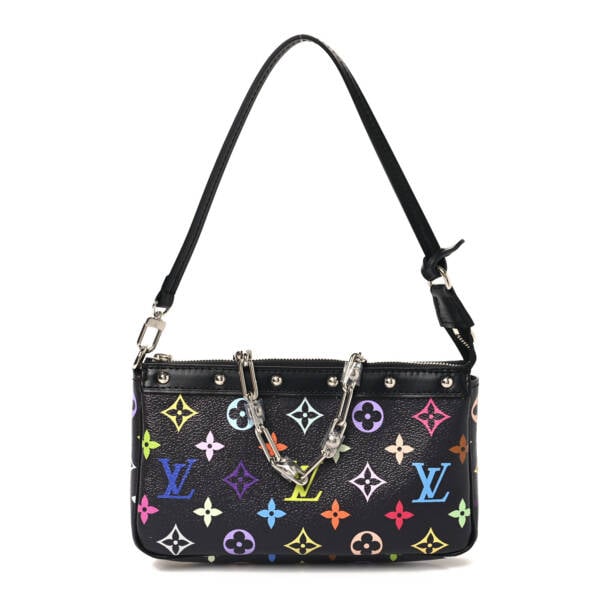
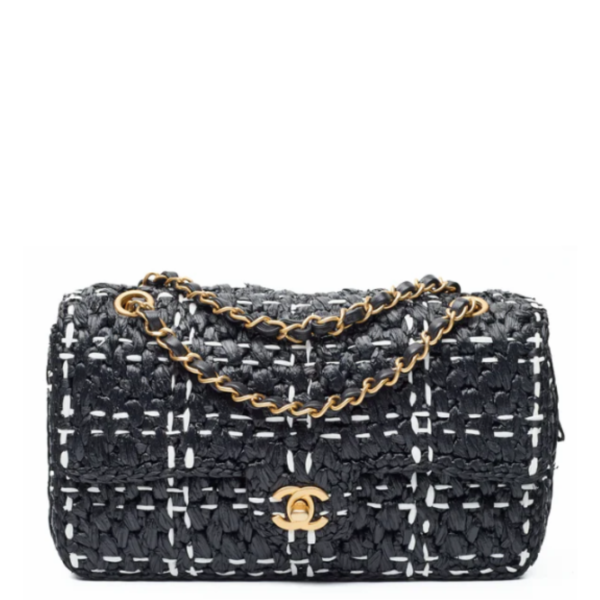
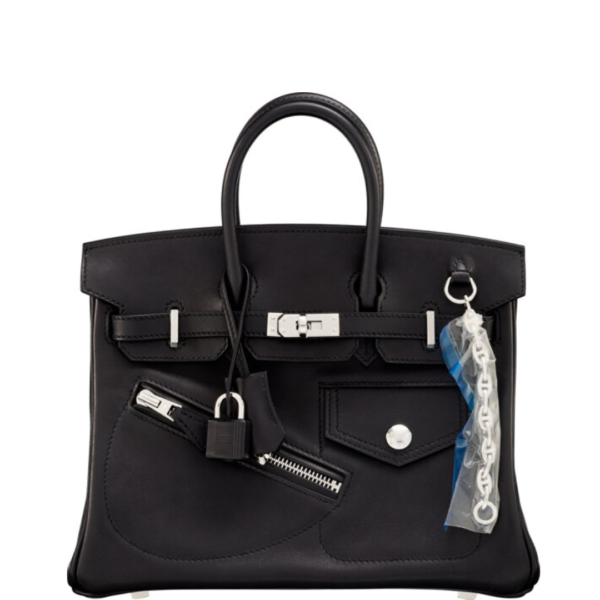
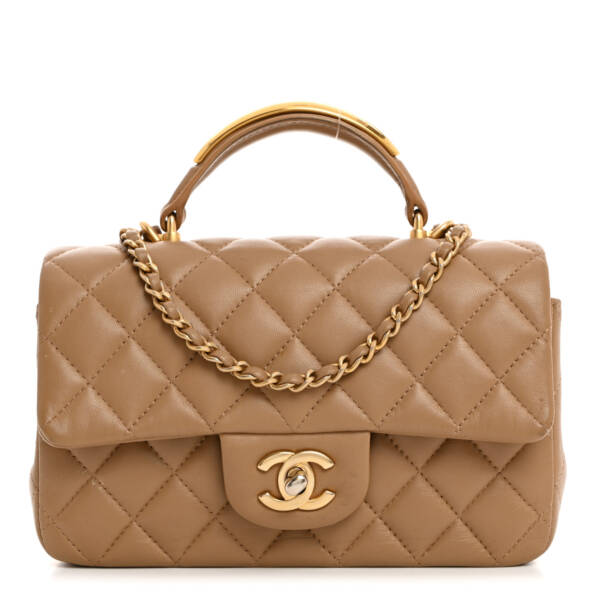
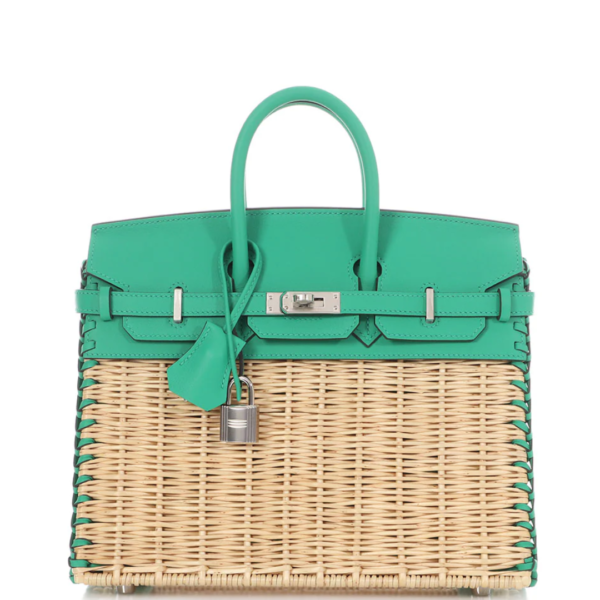
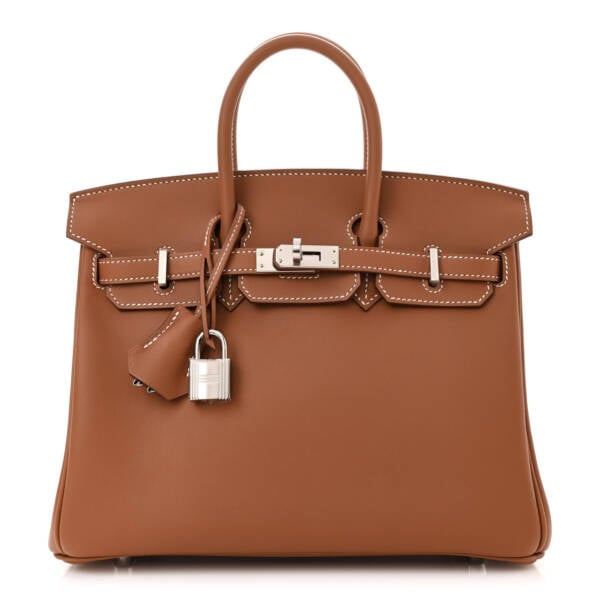

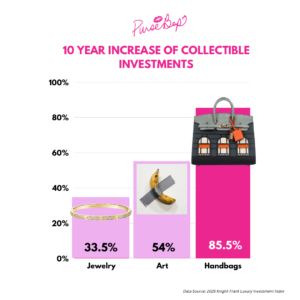

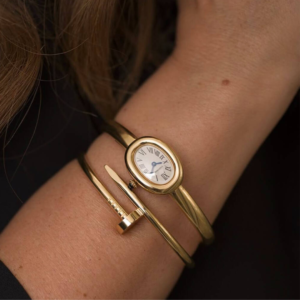
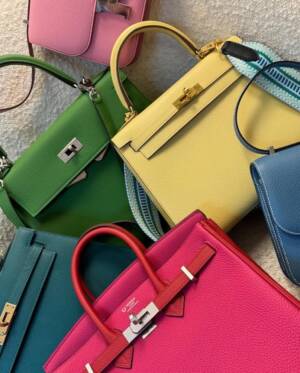
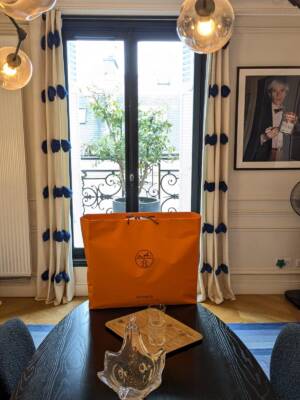



Comments